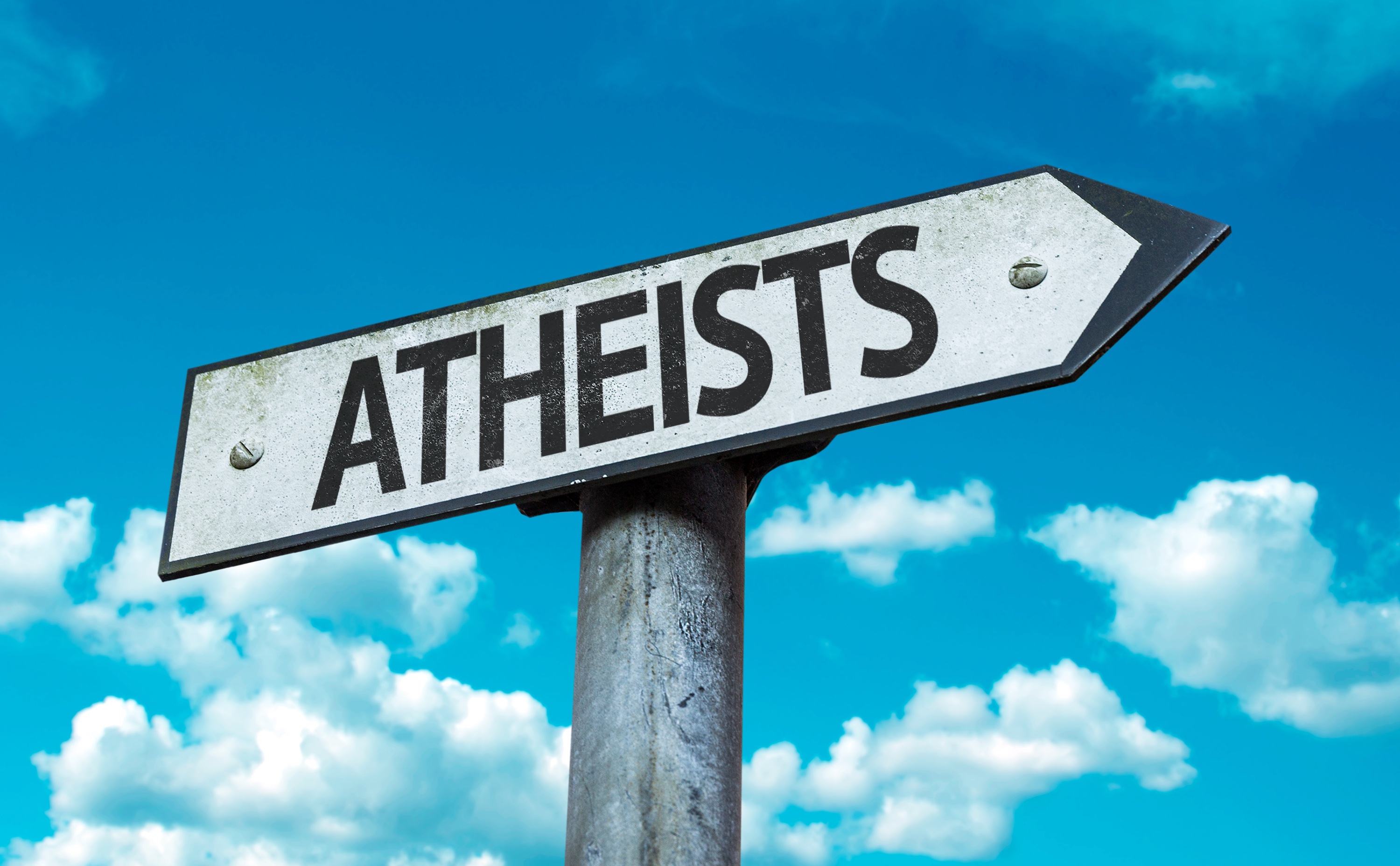ATHEISM IS A TALE AS OLD AS TIME

You have probably never heard of Paul Vitz, a retired professor of psychology who taught at New York University.
Those who follow academic psychology will know him through his various publications on the interface between psychology and religion, particularly Christianity.
Interestingly, he started out life as a Christian – although his family was not very ‘religious’ – and then deliberately dropped any vestige of religious identity in college, only to return to Christianity in his late thirties.
After rediscovering God, he made it his life’s mission to focus an academic spotlight on the mainly negative views held by fellow psychologists about God in particular, and religion in general.
It all began in 1927, when Siegmund Freud wrote his seminal book on the retrograde nature of religious belief, provocatively titled ‘The Future of an Illusion’.
Freud argued that belief in God was entirely unscientific and irrational, and emanated from the primitive if understandable human need to create defense narratives that diminished or at least obscured the overpowering force of nature.
Belief in Divine power was an ‘illusion’, Freud said, ‘resulting from the terrifying impression of helplessness in childhood which aroused the need for the protection provided by a father.’ Ultimately, ‘the benevolent rule of a Divine Providence allays our fear of the danger of life.’
Vitz rips this theory to shreds, skillfully using Freud’s own theories to do it.
Even if Freud is correct, says Vitz, atheism is no less irrational. Not believing in God can itself be defined as neurosis – or possibly worse, seeing as atheists believe themselves to be more rational and more scientific than the God believers they disparage.
Vitz also posits that atheism is an extension of Freud’s famous Oedipus Complex, namely the human desire to supplant ones ‘father’. Freud was fond of describing God as a father replacement, and, as Vitz so beautifully puts it, ‘in the Freudian framework, atheism is an illusion caused by the Oedipal desire to kill the father and replace him with oneself.’
Admittedly, Freud’s Oedipus theory is widely rejected, but its corollary is broadly accepted and taught, namely that once a child reaches adulthood, as part of the process of maturation that child will seek flaws in the character or makeup of authority figures in their lives, in order to surpass them and discard them in terms of their authoritative role.
As such, atheism is a natural psychological process, a ‘coming of age’ milestone that – unless it is actively countered – can consume a person and send the formerly faithful to a point of no return.
Vitz reveals how many of the most famous radical atheist theorists had poor relationships with their fathers, or were forced into situations where they had to supersede their them as providers or figures of authority for their families. The list includes Freud himself, as well as Ludwig Feuerbach, Karl Marx, Madalyn Murray O’Hair, and others.
The bottom line is simply this: far from being rational and scientific, atheism is a visceral, almost primeval human psychological quirk. In Jewish religious terminology we refer to this as ‘yetzer hara’ (evil inclination) – the part of our psyche deliberately planted in us by God to give value to the good choices we make. Its power is in the fact that it does not seem synthetic or contrived – and no doubt atheists believe themselves to be entirely rational and objective.
That doubting God is part and parcel of the human condition is evident from the Torah portion, Beha’alotecha. Previously we have been told how Moses had gone to extraordinary lengths to prevent a reoccurrence of the Golden Calf catastrophe. He single handedly oversaw the construction of a sanctuary, developed a system of Temple service, created a cadre of priests and Temple attendants, and divided and organized the nation into tribes, whose actions and locations were carefully calibrated so that their proximity to God would be guaranteed.
The culmination of this incredible administrative project took place when the nation finally decamped from the foot of Mount Sinai and – protected by the Clouds of Glory – followed the Ark of the Covenant, and began to make their way to their new location of residence in the wilderness.
Moses’ declaration as the Ark was carried off by the Levites (Num. 10:35) – קוּמָה ה’ וְיָפֻצוּ אֹיְבֶיךָ וְיָנֻסוּ מְשַנְאֶיךָ מִפָנֶיךָ – ‘Rise up, God, and may your enemies scatter, and those that hate You should flee from before You’ – carries with it a sense of triumph, and one can actually feel Moses’ satisfaction and ecstasy. His work was done.
Then, in the very next verse, his world comes crashing down: וַיְהִי הָעָם כְמִתְאֹנְנִים – ‘and the nation began to complain.’
What could they possibly have been complaining about? Not only does the Torah give us no indication as to what the complaints were, but it also refers to the nation as ‘KE-mitonenim’ – pseudo-complainers.
Whatever they were complaining about, the grievances had everything to do with rejecting God, and nothing to do with the manufactured pretexts that formed the subject of the grievances themselves.
Incredible. A nation that had miraculously been liberated from slavery, that had thwarted the most powerful military power of the era, that had personally encountered God and received His most precious gift, that was lucky enough to be led by a man of Moses’ caliber and compassion – the list goes on and on – how was it possible for them to fail so badly?
The answer, as Paul Vitz shows, is simple. Even when it makes no sense, and perhaps when it makes least sense, the human hard drive is preprogrammed to rebel against God, and to deny His role in our lives.
Our challenge has always been, and will always remain, to keep God in our lives, and to understand the challenge of faith for what it is.
Image Copyright: Gustavo Frazao

